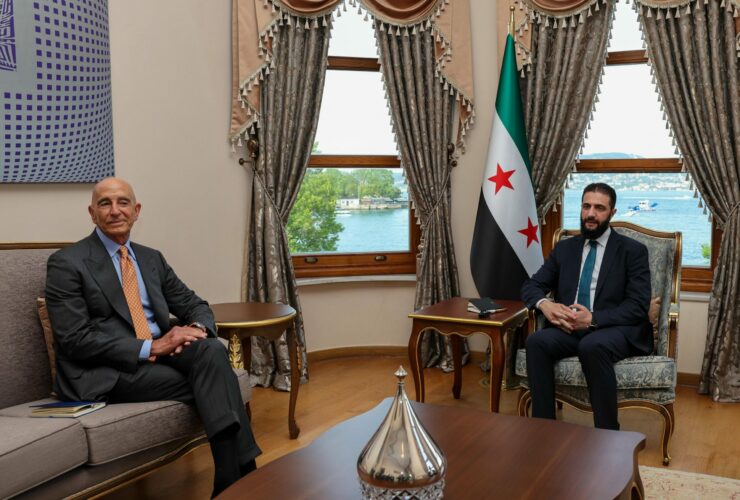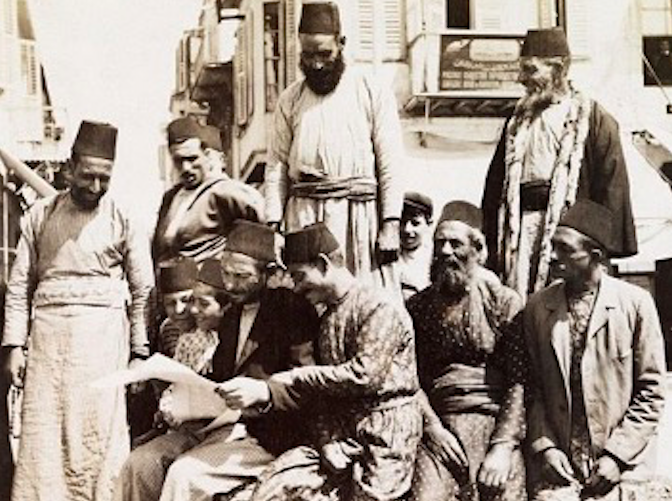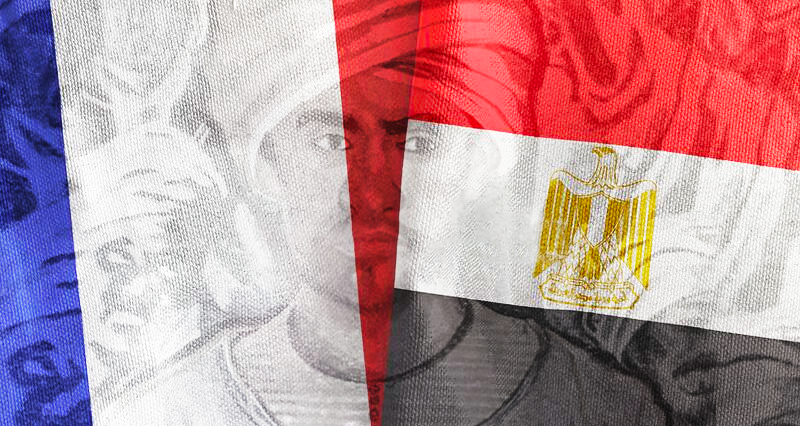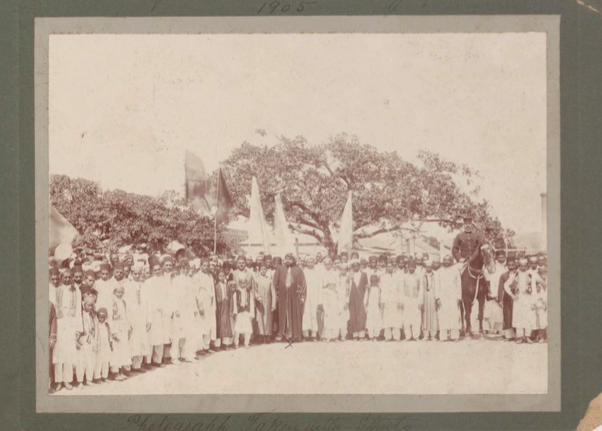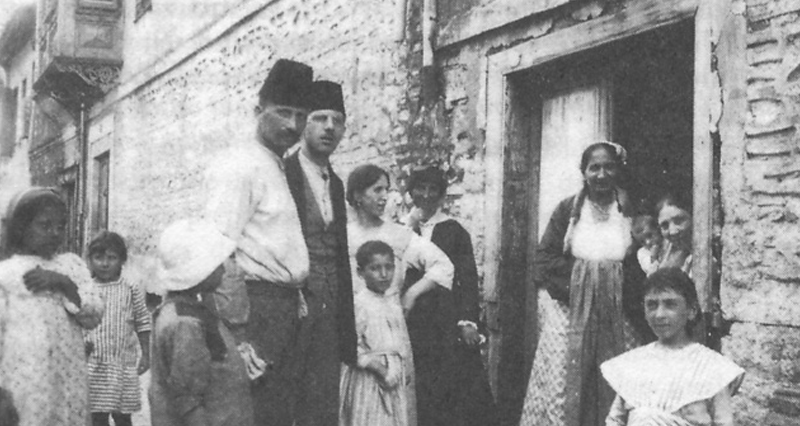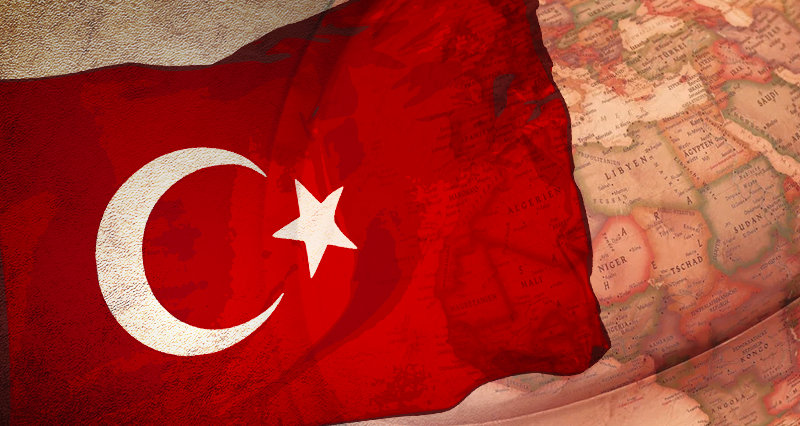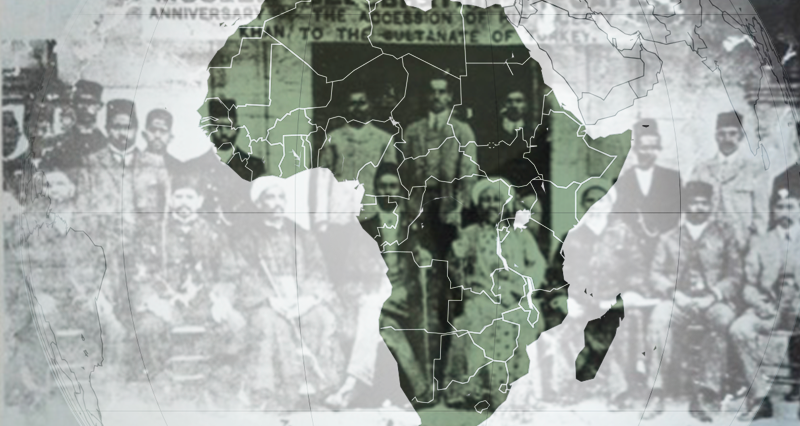The Turkish compositions of Ottoman Armenians tell us not only the history of notes but the sound of a shared language, a common emotion, and a collective memory. By Dr. Halim Gençoğlu The multicultural structure of the Ottoman Empire also created a distinct sphere of integration and mutual interaction in the art of music. Composers of Armenian origin assumed important ...
The US Ambassador to Ankara explained the New Order they want to impose on West Asia The wars waged and supported by the US continue on different fronts. Israel’s attack was repelled by Iran and the US/Israel side was forced to declare a ceasefire. In Gaza, the Palestinian people continue to resist the occupation despite the Israeli genocide. In such ...
An introduction into the most outstanding musicians and their position in society. By Halim Gençoğlu The Ottoman Empire, with its vast diversity and multicultural fabric, was home to numerous ethnic and religious groups, among them Armenians, who played a significant role in the empire’s cultural and social life. While the history between Turks and Armenians is often overshadowed by darker ...
A look at how the Ottoman Empire has managed peace in the Middle East during the centuries. By Dr. Halim Gençoğlu The Ottoman Empire, which spanned from the late 13th century until the early 20th century, is often remembered for its relative tolerance toward religious and ethnic minorities, especially when compared to its contemporaries in Europe. Among the diverse groups ...
Yavuz Sultan Selim, also known as Selim I, was the ninth Sultan of the Ottoman Empire, reigning from 1512 to 1520. His reign marked significant military expansions and transformations within the empire. His policies and military campaigns greatly extended Ottoman influence in the Middle East and North Africa. Among the territories that came under Ottoman control during his reign was ...
In 1798, the French, under the leadership of Napoléon Bonaparte, invaded the Ottoman province of Egypt. That same year, the British defeated the French navy at the Battle of Abukir. Nevertheless, the French retained a presence in Egypt until 1801, when they were forced out of the territory by joint British Ottoman forces. In 1799, Napoléon led an expedition into ...
The Ottoman Empire was the last great Islamic Empire. Today, many stories between the Ottoman Caliphate and local Muslim communties have been forgotten. The forgotten photos and documents from the Turkish Archives in Istanbul, however, may be able to bring back some of those memories. Indeed, numerous correspondences between Türkiye and South Africa highlight the aforementioned relations between the Ottoman ...
As the last Islamic empire, the Ottoman State respected all minor ethnic and religious denominations throughout history. Unlike, other Muslims empires, Ottoman rulers developed greater understanding for non-Muslims (dhimmi) societies within the same territories. Religious tolerance towards minority groups can be traced back to cultural and traditional rules in Asia Minor before the Ottoman period, during Seljuk era in Anatolia. ...
Turkish President Recep Tayyip Erdogan recently visited several African countries in order to strengthen relations across the continent. Turkey shares its historical experience, its social, political, and cultural accumulation as well as its possibilities and resources with African countries, standing firm by the principle of ‘African solutions for African matters’ on the basis of mutual benefit. Constructed on a historical ...
The Ottoman Empire was the last great Islamic Empire which looked after Muslims rights as per the stipulations of the Caliphate since 1517 to 1924. There are a number of archival documents to evidence this historical reality in the Ottoman archives. In the age of global expeditions by the Europeans from the beginning in the fifteenth century, the native people ...
The Fener (Istanbul) Patriarch Bartholomew’s visit to Ukraine (20-24 August) has already caused reactions from the Russian Orthodox Church. As I wrote in my previous articles, tensions between Istanbul and Moscow Patriarchates turned into a serious conflict and resulted in the termination of relations between these two significant churches of the Orthodox world because of the situation in Ukraine. In ...
Over the last two decades, decolonisation has been the subject of much debate in the educational sphere. The Rhodes Must Fall movement further catalysed this process in a substantial way. Decolonisation is defined as the undoing of the narrative and the mindset of colonialism, the latter being the process whereby a nation establishes and maintains its domination of foreign territories, ...








